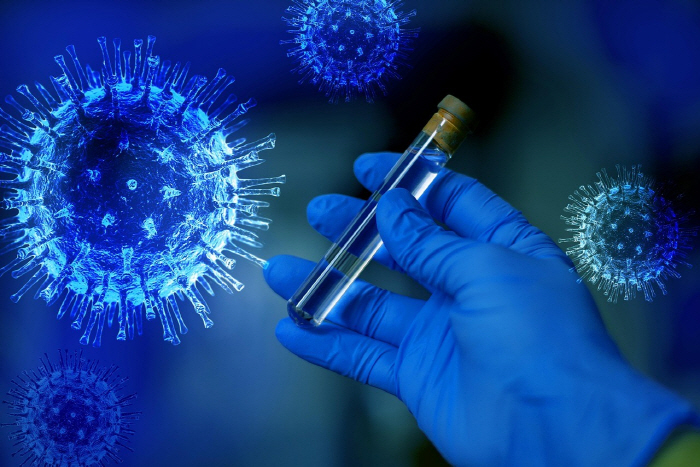Like putting air in the extinguished embers...Dormant cancer cells, cancer recurrence when infected
Aug 01, 2025
|
The researchers conducted an experiment using a mouse model in which breast cancer cells spread to the lungs and remained dormant.
As a result of infecting these mice with SARS-CoV-2 (COVID-19 virus) or influenza virus, they proliferated quickly within a few days as the sleeping cancer cells were reactivated, and secondary tumors developed within two weeks.
The researchers identified an inflammatory immune protein called 'interleukin-6 (IL-6)' as the cause of cancer cell reactivation. It is explained that IL-6 is excessively secreted as part of an immune response to fight the virus, resulting in cancer cells waking up again and multiplying.
Dr. James DeGregory, who led the study, compared it to "Dormant cancer cells are like embers in a extinguished bonfire, and viral infection is a strong wind that reignites them.'
At the same time, he expressed his expectation that it will be possible to develop a treatment strategy that can block such reactivation by using IL-6 inhibitors or immunotherapy drugs.
According to the British media Daily Mail, not only laboratory research but also two large-scale analyses using actual patient data were conducted.
Analysis of UK Biobank data showed that the cured cancer patient group infected with COVID-19 almost doubled the mortality rate from cancer compared to the non-infected patient group. This is calculated excluding direct deaths from COVID-19.
Dr. Roel Fermulen of the University of Utrecht in the Netherlands, who participated in the study, emphasized that the risk of recurrence was particularly high during the first year after infection.
In the United States, breast cancer patient data from 280 cancer hospitals were analyzed through the database of Flatiron Health. As a result of comparing a total of 36,000 uninfected COVID-19 patients with 532 infected patients, infected patients had a nearly 50% higher probability of cancer spreading to the lungs.
In particular, the study is a wake-up call for cancer survivors who have been declared completely cured and returned to their daily lives.
The researchers said "It is based on data before COVID-19 vaccines were available, but it is clear that respiratory viral infections can affect cancer recurrence."
This article was translated by Naver AI translator.














